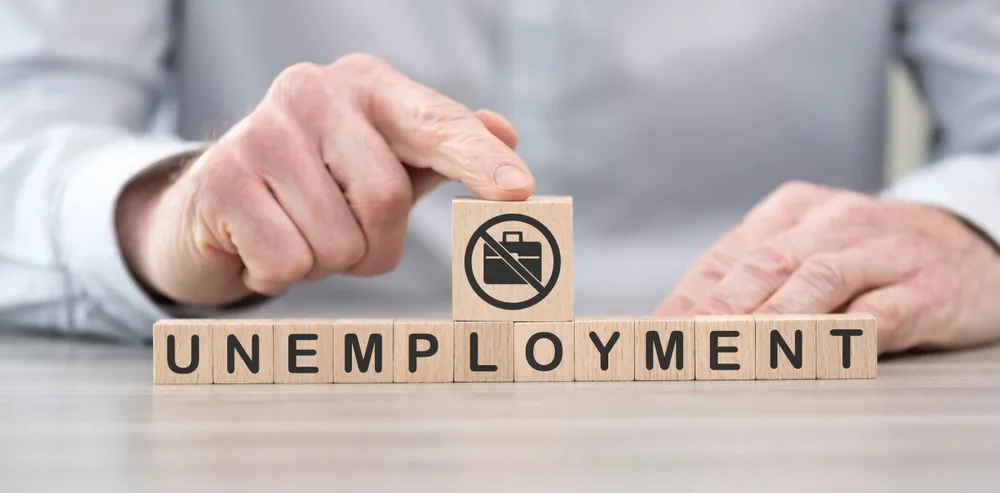Student loan consolidation programs are available for both federal and privately-funded loans. The same is true for student loan refinance plans.
If you are considering student loan consolidation, it may be because you are struggling to repay your student loans for a number of reasons. The following are the most common reasons:
- A downturn in the U.S. economy
- Limited job availability in your field
- Your salary does not align with your student loan debt
- You are no longer able to work due to injury or illness
Consolidating your loans could be especially beneficial if your FICO score has improved since you first obtained your student loan(s). You could qualify for a lower APR and better loan terms. However, it is important to understand a few things about both types of consolidation loans before you begin the process.
You can only apply for a federal student loan consolidation or refinance program if you have a federal student loan. You cannot consolidate private student loan debt through a federal lending agency, and you cannot restructure it through any government-backed student loan program provided by a private lender.
You can, however, convert your federal student loan debt into a private consolidation loan. The same is true for refinancing options. This means you might qualify for a lower APR or more affordable monthly payments on your federal student loan debt by restructuring your loan(s) through a private lender.
To qualify for a federal student loan consolidation program, the U.S. Department of Education (ED) requires you to have one or more of the following types of loans:
- Direct subsidized
- Direct unsubsidized
- Direct PLUS
- Federal Perkins
- Subsidized or Unsubsidized Federal Stafford
- Federal Nursing
- Supplemental Loan for Students (SLS)
- Health Education Assistance
- PLUS loan via the Federal Family Education Loan (FFEL) program
You can apply for a federal student loan consolidation program through the ED or the FFEL Program. Applications for both of these programs are accepted online via the StudentAid.gov website.
Private student loan consolidation is a bit different. Unlike a federal consolidation loan, private loan consolidation programs allow you to include both private and federal student loan debt.
However, private student loan consolidation rates are typically higher than the APRs assigned to federal student loans. You may need a better credit score to qualify for a private consolidation. Most private consolidation loans are unsecured, so lenders raise their APRs to justify the extra risks.
Continue reading to learn more about student loan consolidation rates, what it takes to qualify and how to find the best consolidation lenders for your needs.








